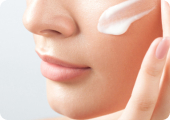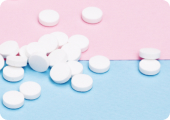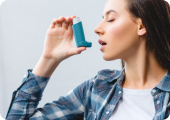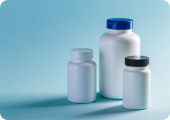A
H
J
T
Browse by category
Discover categories which are the most popular with our patients.




We’re here to help.
Our friendly team is available to help Monday to Friday 9:00am - 5:00pm.
If you need urgent assistance, do not use this service. Call 111, or in an emergency call 999.






